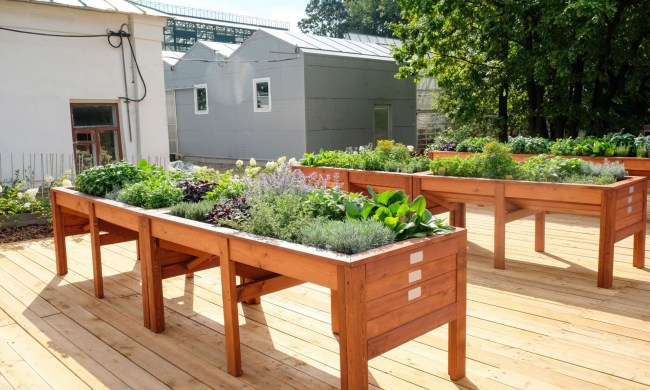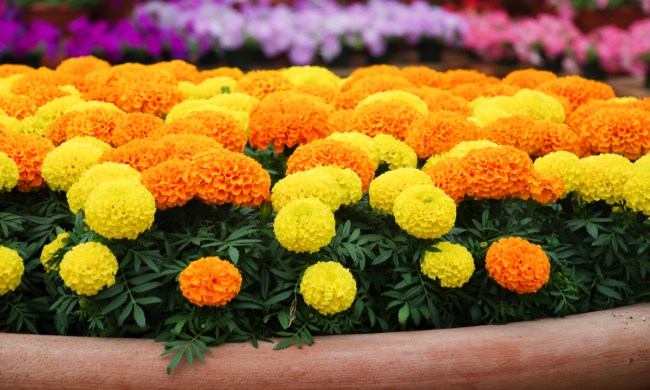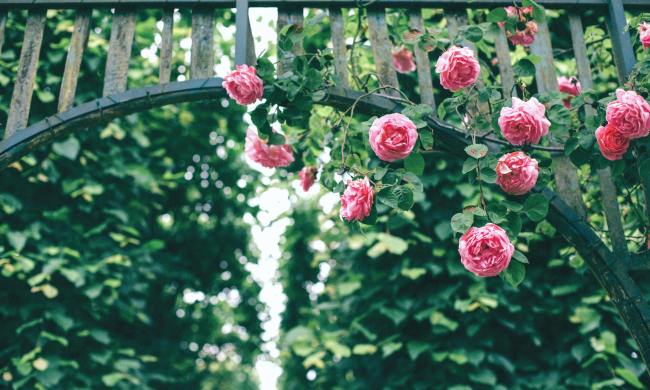If you’re a plant parent, you buy your supplies and new baby plants from somewhere. So, instead of the chain stores, consider supporting Black-owned plant shops to get your leafy friends everything they need to thrive. Check out any of these Black-owned companies to find your next plant addition no matter where you are, because every one of these businesses ships all over the U.S.
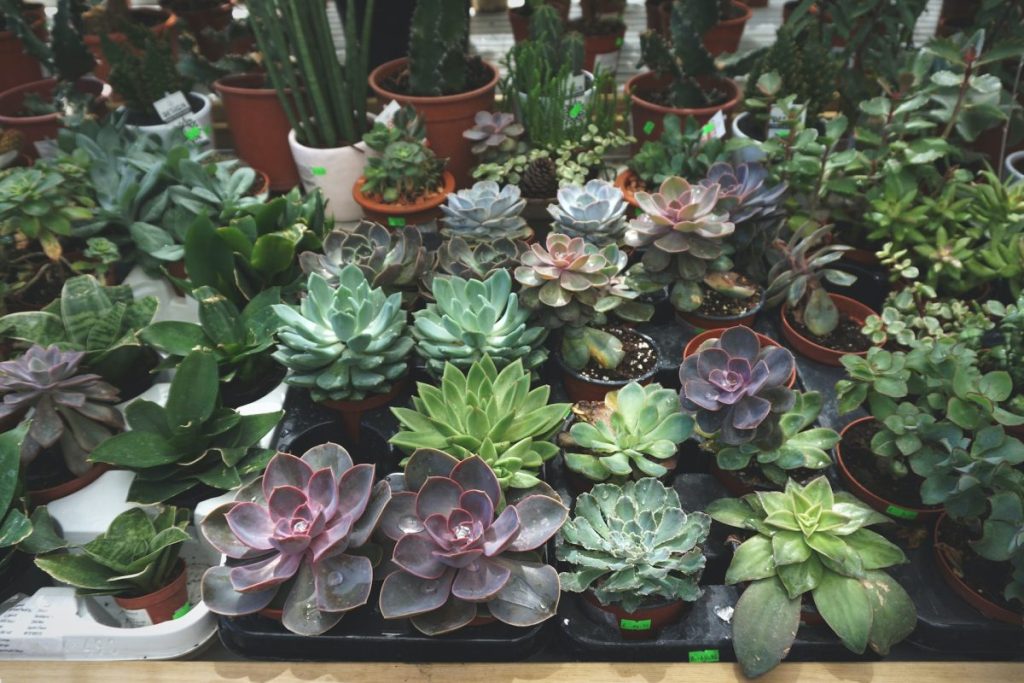
Grounded
Mignon Hemsley and Danuelle Doswell started this beautiful plant company in 2020 to help create a calmer space in homes through the addition of greenery. If you have no idea where to start, Grounded offers complimentary 15-minute consultations to get you going. It has a subscription option for the more adventurous plant parent, and if you have fur babies at home, look at their pet-safe options so you won’t have to worry about a curious nose.
Crazy Plant Bae
From plants to planters to a subscription box, Crazy Plant Bae has a little of everything. No matter how green your thumb is, you’ll find something to fit your budget and space. Get the kids involved in gardening and sign them up for one of the workshops, or have them visit your child in their classroom. But the best part about this company is that it’s a Black women-run business with its third generation of family members, and it has over 40 years of service at your disposal.
deVINE Plantery
If you want easy-to-care-for plants without a lot of fuss, or more unique plants, check out deVINE Plantery. This Black woman-owned company has adorable plants, fun accessories, stunning art pieces, and a few other gift ideas. Need help styling the plants in your home, want a consultation about what plants to get, or want to take a gardening class? This business offers all of that and more.
De La Fleur Designs
If you want only flowers for your space with a lot of color and beauty, then De La Fleur Designs is where you should look. It doesn’t just put together any ordinary bouquet. Owner Daphne oozes the sophistication and elegance you’ll see in whichever arrangement you choose. Whether you need a sympathy arrangement, wedding flowers, or want to sign yourself up for a monthly bouquet delivery subscription, De La Fleur will take care of it all.
The Plant Project
The first Black woman-owned plant company in Texas, The Plant Project opened its doors in 2020 to bring the joy of all things leafy to the area. Plants with a pop of color, herbs, plant accessories, and even a plant self-care set are all on the menu. Or visit one of its four locations to get the full in-person experience of a plant shop and see how amazingly beautiful the inside of its stores are.
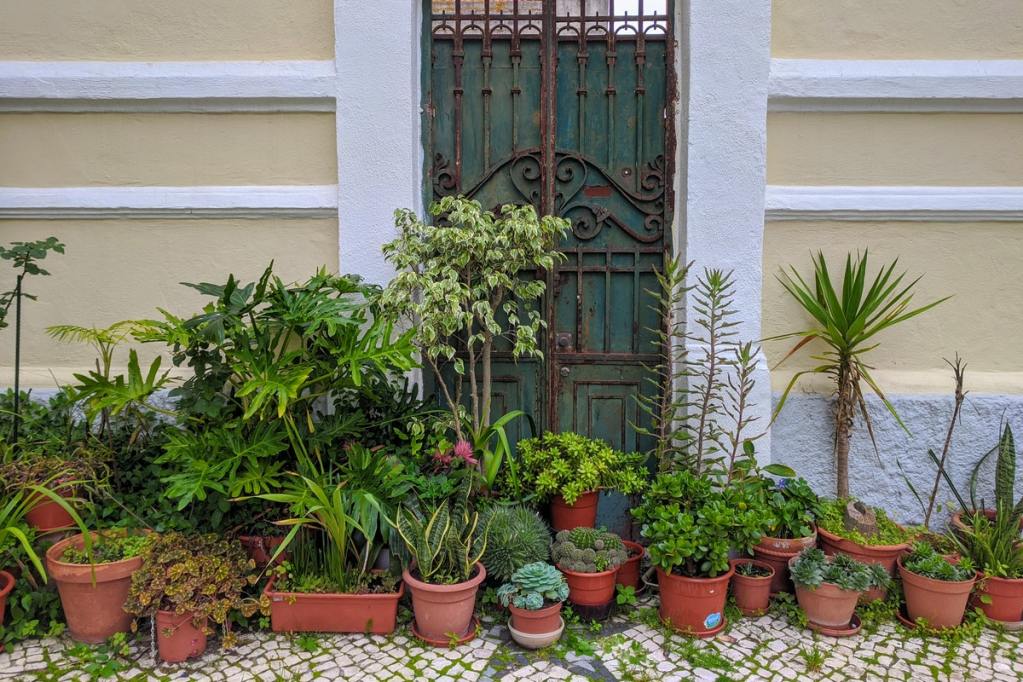
If you’re thinking about adding just one more plant to your windowsill or wanting to change up the pots your green babies live in, visit one of these Black-owned plant companies first.

